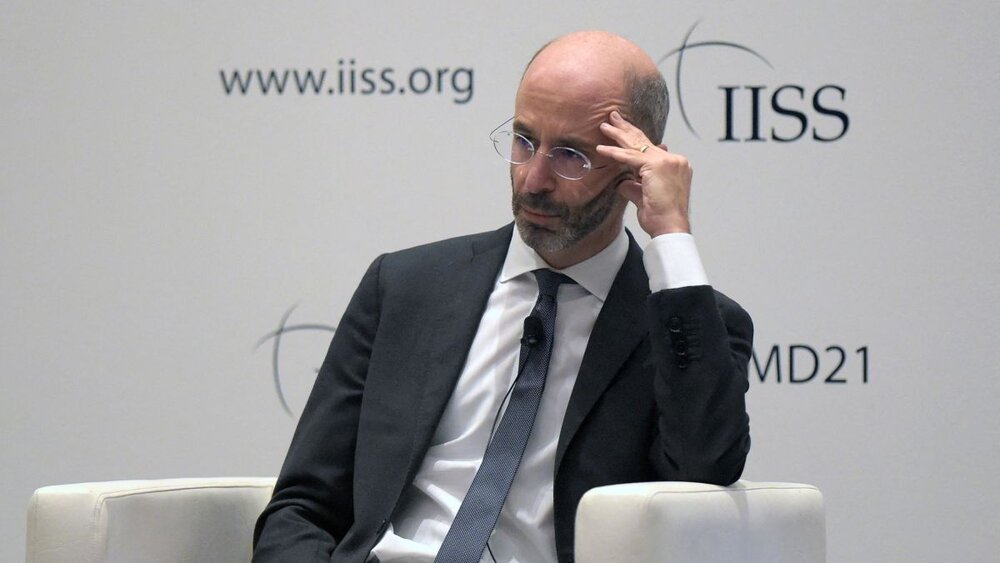Iran rejects U.S. bullying amid nuclear talks

TEHRAN – With Iran busy studying recent proposals submitted by the European Union, the talks in Vienna entered a new phase that is expected to generate much kerfuffle springing from an apparent U.S. decision to up the ante vis-a-vis Iran.
The latest Iranian statement regarding the EU proposals was made on Friday when a senior assistant to the Iranian president announced that Tehran was still reviewing the European ideas.
Mohammad Jamshidi, who is the director of the Iranian president’s office for political affairs, insinuated that Iran is in a comfortable position with respect to the Vienna talks over reviving the 2015 nuclear deal, formally called the JCPOA, while the West is under pressure to get a deal with Iran.
“Of course, I cannot speak about the content or the authenticity of the recent text published by media about safeguards issues, but such coordinated leaks indicate which side is under pressure and need an urgent deal. The review is underway,” Jamshidi said on Twitter.
Despite the fact that Iran has yet to give an answer to the EU proposals, the U.S. seems to be increasingly impatient to conclude the talks. The U.S.'s patience wearing thin was evident at the start of the latest round of talks in Vienna in which the EU foreign policy chief submitted what he called a final text, a move that seemed to have been coordinated with the White House.
Before heading to Vienna, U.S. special envoy for Iran Rob Malley said he was going to Vienna with his expectations “in check.”
“The United States welcomes EU efforts and is prepared for a good faith attempt to reach a deal. It will shortly be clear if Iran is prepared for the same,” he added on Twitter.
Josep Borrell unveiled his “final text” soon after that tweet and insisted on a yes-or-no answer from Iran, something that Iran rejected by saying that Borrell’s final text was no more than “proposals”.
While Iran is still reviewing the EU proposals, the U.S. seems to have reached out to Qatar and Oman to send messages to Iran. Qatar’s Deputy Foreign Minister for Regional Affairs Mohammad bin Abdul Aziz al-Khalifi arrived in Tehran on Saturday with a message from Qatari Foreign Minister Sheikh Mohammad bin Abdulrahman Al Thani, who has recently spoken with his American counterpart, Tony Blinken, about the status of the Vienna talks.
Neither Iran nor Qatar provided any details as to the content of the written message. But the Iranian foreign minister, Hossein Amir Abdollahian, advised the U.S. to abandon the “language of threat” in dealing with Iran after he met the Qatari deputy foreign minister.
“History ought to have taught the US that language of threat against Iran and Iranians achieves nothing. Futile attempts at deflection won't allow the US to evade responsibility for the thousands of Iranian and other victims of its involvement in terrorist crimes in our region,” the Iranian foreign minister tweeted.
As things stand, the U.S. could well resort again to pressure and bullying to get Iran to accept a deal that falls short of meeting Iran’s demands.
Leave a Comment